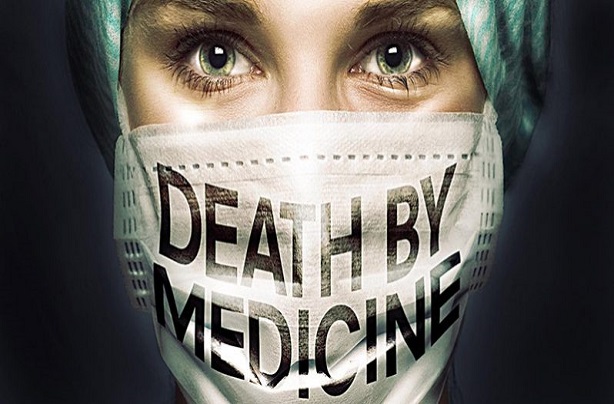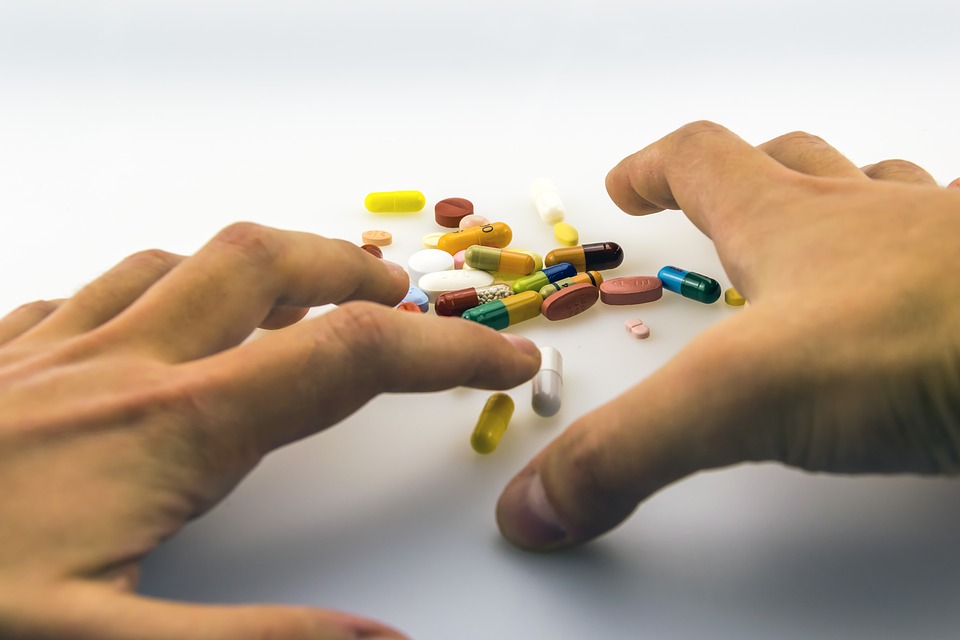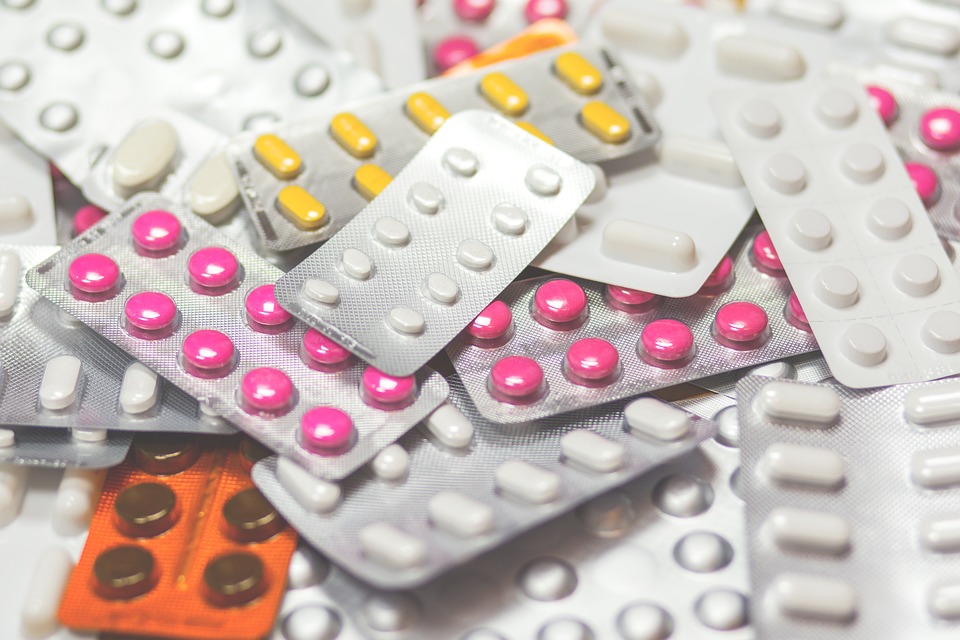5 Pharmaceutical Drugs That Destroy Your Health
Most of the time prescription drugs often helps us with our health problems and can also save lives. We are used to buy certain pills that usually help us with our health difficulties but more often than we like to admit, prescription drugs often deteriorate our health system in the long run, and people are forced to change their diets and habits and end up living and creating life for the pills to work.
Sadly, we shouldn’t rely that much on prescription pills for chronic diseases. Here also lies an addiction to pills which leads them to “just not work anymore” and leaving our health in a worst state than before. Patients are stuck in a cycle of prescription after prescription and CDC states that 48.9% of people are currently taking at least one prescription and 23.1% of people are taking three or more.(1) The most frequently prescribed therapeutic drugs are antidepressants, painkillers, and antihyperlipidemic agents (such as cholesterol medications).

Here’s a list of top 5 prescription drugs to be wary of:
1. Proton Pump Inhibitors
These are often prescribed for acid reflux. You may know the brands as Nexium, Prevacid, and Prilosec. However, they have been connected to causing diseases such as kidney failure, heart attacks and dementia (2). They also cause chronic constipation, low magnesium levels, and increase the risk of bone fractures. If you’re prescribed one of these medications from your doctor, take a second opinion about more natural and alternative type of medicine that can help you better.
2. Prednisone
This is a multi-tasking steroid that’s prescribed for autoimmune conditions such as rheumatoid arthritis, lupus, and ulcerative colitis, and it works by suppressing the immune system to start attack itself but at the same time it’s making you more prone to infections, mild and serious. Using this in a long term can also cause changing and moving the body fat into certain places of the body (neck, face, back, waist), bruising, low libido, acne, and for women complicated menstruation. Potential side effects also include insomnia, mood problems, headaches, dizziness, bloating, and nausea.

3. Statins
Prescribed for managing high cholesterol levels, statins are among the most common medications taken by adults. In 2012, over 23% of the Americans were taking statin drugs (such as Crestor, Zocor, Lipitor, Livalo, Mevacor, and Pravachol) (3). Side effects of these drugs can be headaches, insomnia, muscle aches, nausea, bloating, gas, rash and diarrhea. Long term use of statins can lead to more dangerous effects. These have been linked to deficit of coenzyme Q10 and vitamin K2, increase your risk of breast cancer and diabetes, and can raise risk of Parkinson’s disease (4). Seek for a better alternative, ask your doctor for something else instead of statins.
4. Antidepressants
Huge amount of people are taking antidepressants now, especially in America, it’s stated than 1 in 10 people over the age of 12 take and use prescript antidepressants, according to CDC (5). And more shockingly, over 60% of those people use the pills for over 2 years in a row. The side effects of the antidepressants are plentiful, they cause weight gain, insomnia, low libido, nausea, anxiety, constipation, irritability. For adolescents and teenagers that take antidepressants, there’s the ultimate biggest risk – it causes them to make a suicide.
We must note that the pills actually work for some people but for others just don’t, and there’s always a second chance to give yourself a better treatment than taking treatment that’s not helping you. You can minimize the negative effects by including exercise, minimizing on processed foods, having a balanced nutrient-dense diet, taking valerian root, magnesium and lot of water.

5. Opioids
Opioids usually prescribe doctors for those who feel a lot of pain in the body, muscles, people who have cancer or other serious health issues, but are certainly not the best option for those who are with chronic health problems. Because of their highly addictive nature, even for those who were prescribed opioids for a brief time admitted that they were on the edge to start abusing them.
If you’re preparing for a major surgery, talk to your doctor or surgeon about the medicaments that you’re going to get a perscribtion of, and if they’re very strong always ask if there’s a place for more natural ways to keep you healed and without any pain.
Source: HealthyHolisticLiving

You need to give scientific references to support such claims. These drugs if appropriately used are life saving and/or promoting medications proven by many studies. These claims disinform patients and might harm those that quit their medications, so these are very dangerous misinterpretations…